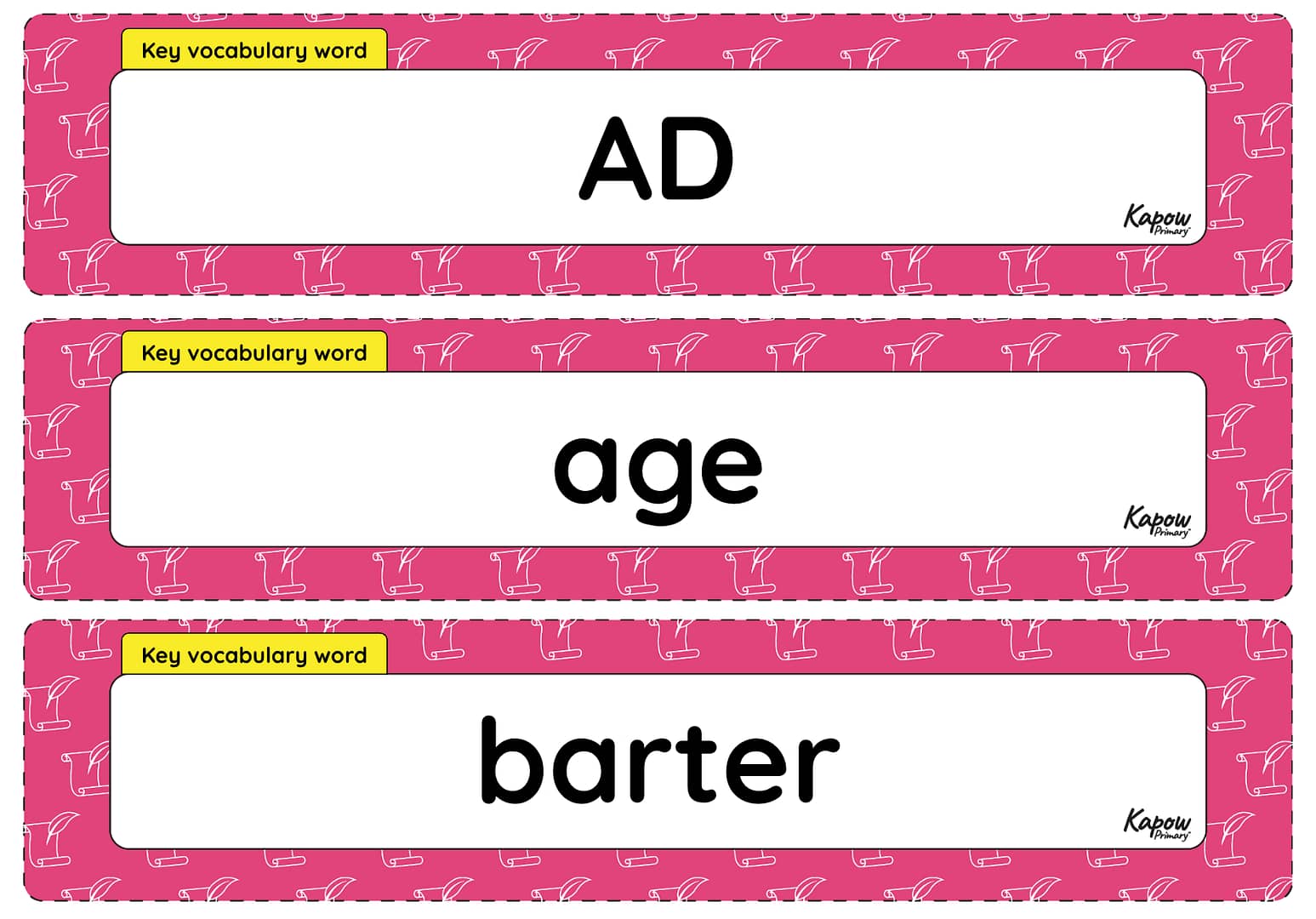Y3/4 (A): British history 1: Would you prefer to have lived in the Stone, Bronze or Iron Age?
Use this unit hub to inform your medium-term plan and to navigate to related resources.
The Curriculum and Assessment Review final report has been released. We’re reviewing the recommendations and planning for future updates. Learn more
Unit outcomes
Pupils who are secure will be able to:
- Understand that prehistory was a long time ago.
- Accurately place AD and BC on a timeline.
- Identify conclusions that are certainties and possibilities based on archaeological evidence.
- Explain the limitations of archaeological evidence.
- Use artefacts to make deductions about the Amesbury Archer’s life.
- Identify gaps in their knowledge of the Bronze Age.
- Explain how bronze was better than stone and how it transformed farming.
- Explain how trade increased during the Iron Age and why coins were needed.
- Identify changes and continuities between the Neolithic and Iron Age periods.
- Explain which period they would prefer to have lived in, providing evidence for their choice.
Suggested prior learning
Y1/2 (B): What is a monarch?
Get startedLessons
Y3/4 (A): Lesson 1: How long ago did prehistoric man live?
- To recognise the chronology and significance of prehistory.
Y3/4 (A): Lesson 2: What does Skara Brae tell us about life in the Stone Age?
- To use archaeological evidence to learn about the prehistoric dwellings of Skara Brae.
Y3/4 (A): Lesson 3: Who was this Bronze Age man?
- To use archaeological evidence to investigate the Bronze Age.
Y3/4 (A): Lesson 4: What was the impact of bronze in prehistoric Britain?
- To use deductions to explain how bronze transformed prehistoric life.
Y3/4 (A): Lesson 5: How did trade change lives in Iron Age Britain?
- To understand the importance of trade during the Iron Age.
Y3/4 (A): Lesson 6: What changed between the Stone Age and the Iron Age?
- To compare settlements in the Neolithic period and Iron Age by exploring continuity and change.
Key skills
Key knowledge
Related content
Unit resources

Knowledge organiser – History Y3: Would you prefer to have lived in the Stone Age, Bronze Age or Iron Age?
Aimed at pupils, two pages providing key facts and definitions from the unit ‘Would you rather have lived in the…

Vocabulary display – History Y3/4 (A): Would you prefer to have lived in the Stone Age, Bronze Age or Iron Age?
A display version of the key vocabulary from the 'Would you prefer to have lived in the Stone Age, Bronze…
Cross-curricular opportunities
English
Spoken language
Pupils should be taught to:
- Develop understanding through speculating, hypothesising, imagining and exploring ideas.
See National curriculum - English - Key stages 1 and 2.
Geography
Pupils should be taught:
- Human geography, including trade links.

